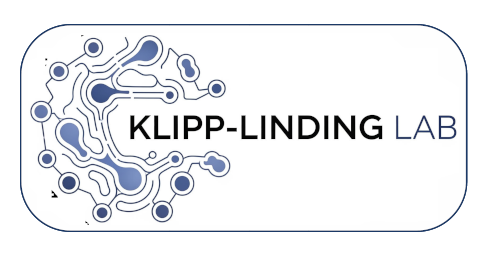PhD student
e-mail:
phone: +49 30 2093 8388
room: 508
Profile
Maxim Karnetzki studied biophysics at the Humboldt University of Berlin, with a focus on theoretical or computational topics. In his master thesis, he worked with lipids, which, together with proteins and nucleic acids, are the major building blocks of cells. Currently, he is finishing his Ph.D., in which he has determined the lipid composition of the different life cycle stages of Plasmodium falciparum and Plasmodium berghei. Based on this data, he tries to determine key molecules that are important for lipid import and metabolism and explore their role as potential drug targets.
B Goldenbogen, SO Adler, O Bodeit, JAH Wodke, A Korman, L Bonn, X Escalera-Fanjul, JEL Haffner, M Karnetzki, M Krantz, I Maintz, L Mallis, RU Moran Torres, H Prawitz, PS Segelitz, M Seeger, R Linding and E Klipp.
Geospatial precision simulations of community confined human interactions during SARS-CoV-2 transmission reveals bimodal intervention outcomes.
medRxiv, 2020.
URL, DOIBjörn Goldenbogen, Stephan O Adler, Oliver Bodeit, Judith A H Wodke, Ximena Escalera-Fanjul, Aviv Korman, Maria Krantz, Lasse Bonn, Rafael Morán-Torres, Johanna E L Haffner, Maxim Karnetzki, Ivo Maintz, Lisa Mallis, Hannah Prawitz, Patrick S Segelitz, Martin Seeger, Rune Linding and Edda Klipp.
Control of COVID-19 Outbreaks under Stochastic Community Dynamics, Bimodality, or Limited Vaccination.
Advanced Science n/a(n/a):2200088, 2022.
URL, DOI

